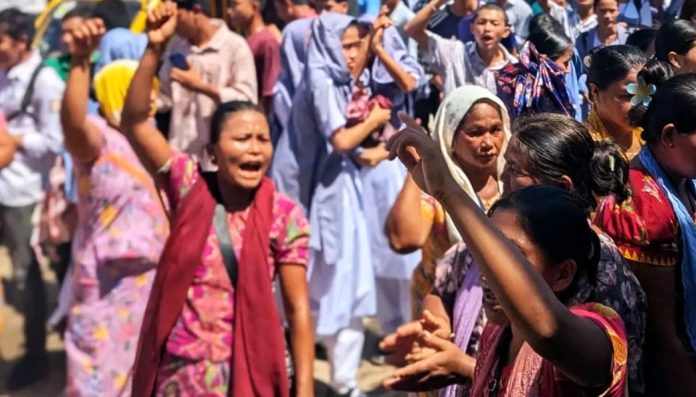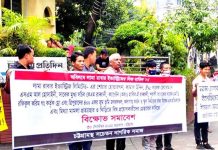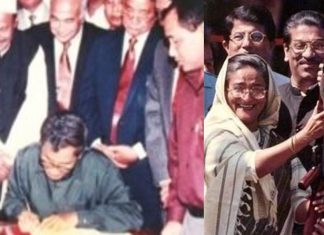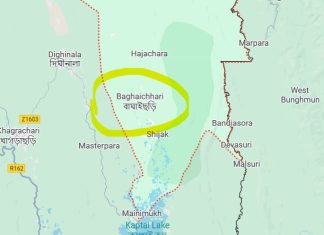Antra Chakma
——————-
Incidents of rape and gang rape of indigenous women and children in the Chittagong Hill Tracts (CHT) continue to occur, followed by widespread public protests. In this context, it seems relevant to examine what the CHT Accord says about Jumma women.
The Accord mentions the formation of a Regional Council. Out of its 22 members, only 3 are women, and among them, just 2 are Jumma (Pahari). That means Jumma women have only 13.33% representation on the Regional Council.
Yet, during the armed struggle led by the JSS (Jana Samhati Samiti), Jumma women were the primary victims of human rights violations. On June 12, 1996 — just about a year and a half before the Accord was signed — Kalpana Chakma, leader of the Hill Women’s Federation, was abducted. Still, not a single word in the Accord addresses justice for these rapes and human rights violations. On the contrary, after surrendering arms, Santu Larma, in response to a journalist’s question, referred to Kalpana Chakma’s abduction as “controversial.”
The military and settlers in the CHT are responsible for rapes and other human rights abuses. Yet, the Accord remains completely silent on the settler issue. After Santu Larma supposedly returned to “normal life,” he claimed to have a “verbal agreement” with the government to repatriate the settlers to the plains. However, the government’s chief negotiator, Abul Hasnat Abdullah, denied the existence of any such unwritten agreement.
This raises an important question: how can a matter of such national significance be based on a verbal or unwritten agreement? Only the politically ignorant or utterly foolish could be so irresponsible. The settler issue remains unresolved, and at the very least, the Accord could have included a clause stating that further negotiations would continue on the settler issue. But our naive Mr. Santu ended up making a verbal agreement with no documentation or proof.
The clause regarding the withdrawal of military forces from the CHT also contains a major loophole. In section ‘D’ of the Accord (Rehabilitation, General Amnesty & Other Issues), Clause 12 specifies that within 45 days of the signing, the JSS must submit a list of its armed members and an inventory of arms and ammunition to the government. Clause 13 mentions that the date, time, and location for surrendering arms must be determined within 45 days.
However, in exchange, the Accord only vaguely states that “with the return of JSS members to normal life, all temporary military camps, Ansar, and village defense forces — except for BDR (now BGB) and permanent cantonments in three districts and in Alikadam, Ruma, and Dighinala — will be withdrawn in phases.” No specific timeline is mentioned (Clause 17(a) of Section D). This clearly exposes the hollowness and deceit embedded in the Accord.
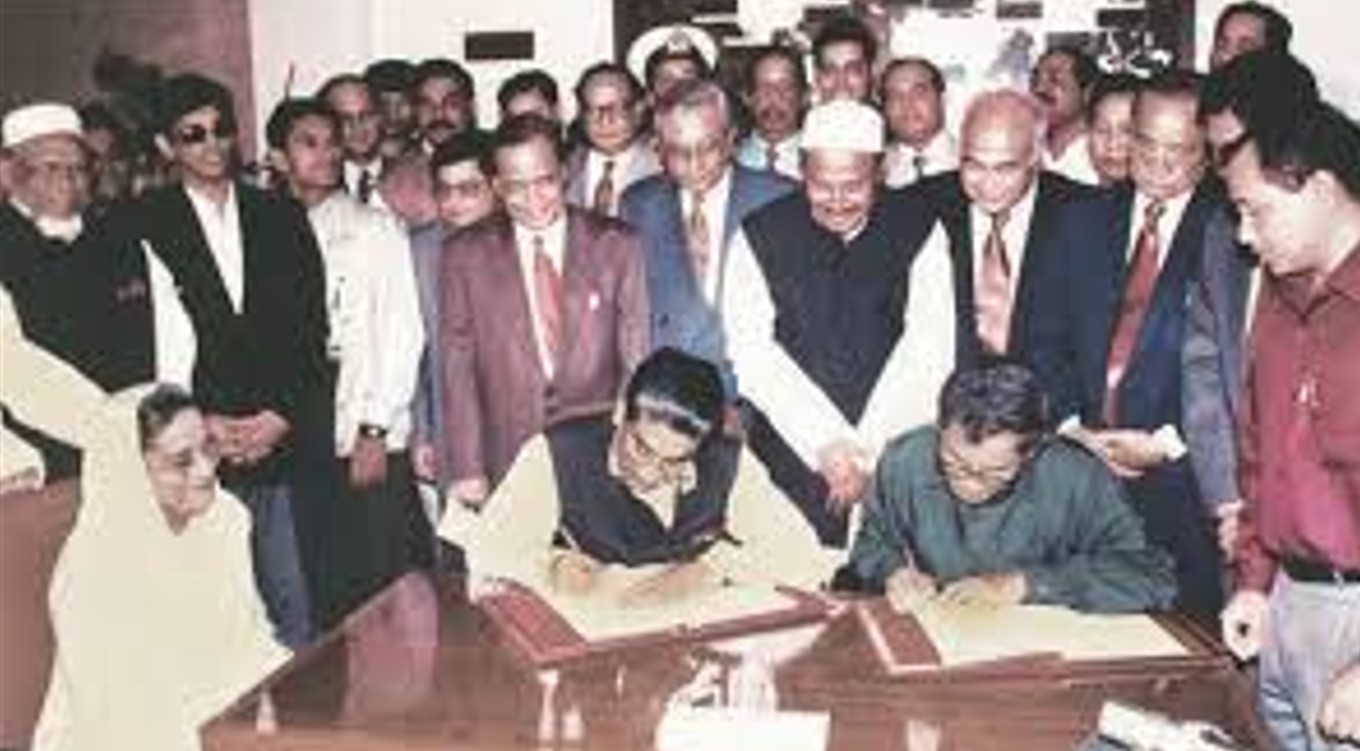
Therefore, it can be said without a doubt that the absence of any clear and specific provisions in the CHT Accord for justice in cases of rape, settler removal, or military withdrawal has allowed sexual violence by settlers and military personnel against Jumma women to continue.
Autonomy, land rights, women’s rights, human rights, and withdrawal of troops and settlers — these are fundamental issues for the Jumma people. Yet none of these have been properly addressed in the Accord.
Although none of the core demands of the people — including the issue of Jumma women — were fulfilled, the CHT Accord strongly prioritizes the interests of JSS members. In Clause 16 of Section D, there are seven sub-clauses detailing the benefits that JSS members would receive after surrendering arms and returning to “normal life.” These include:
- General amnesty
- A cash grant of taka 50,000
- Withdrawal of criminal cases and warrants
- Immunity from arrest due to JSS affiliation
- Waiver of loans with interest
- Priority loans for plantations and agriculture
- Education benefits for children of JSS members, including recognition of foreign degrees
In short, while JSS members gained material and other benefits from the 1997 CHT Accord, Jumma women and the general people received nothing. That’s why sexual violence against Jumma women continues.
Yet both the JSS and the government want to keep the Jumma people mesmerized by the illusion of the Accord — because they benefit from it. It allows them to keep the people perpetually deprived of their rights.
But no — the people have woken up to the truth. They will no longer be chained to the Accord. To claim their rightful place, they are stepping out of the blind alley called the Accord and joining the struggle. So, beware!
(October 8, 2025)
———–

